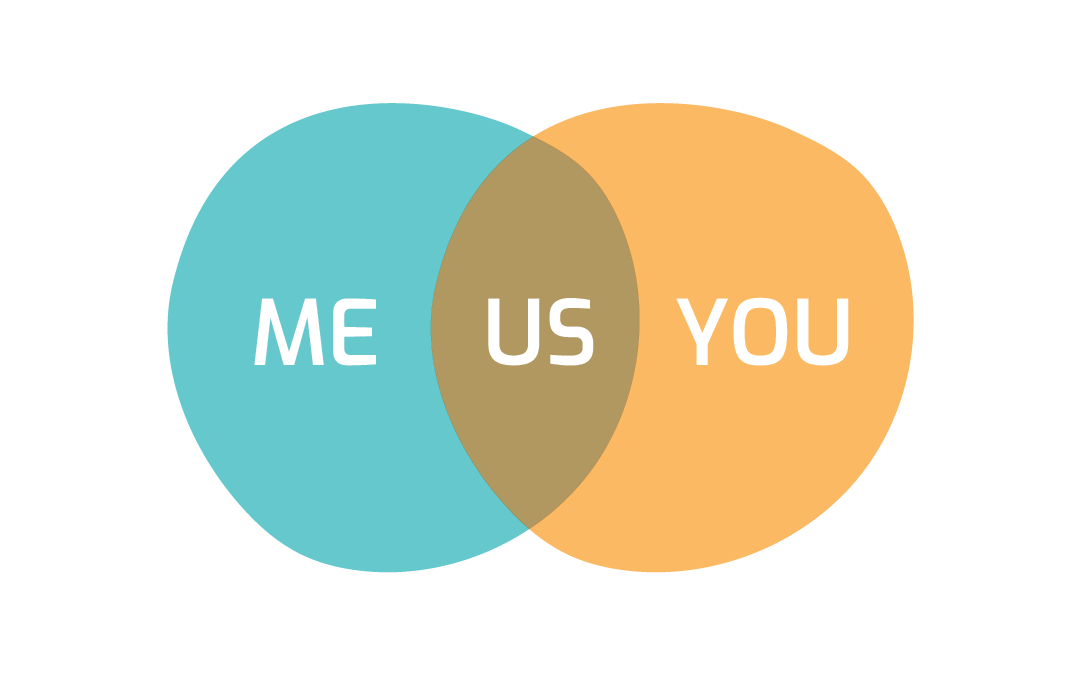Competition and Collaboration – Two Powers that Shape the Society
A group of young diplomats and civil servants gathered together on March 3rd 2021 to attend the online development programme “Social Cohesion: Cooperation, Trust and Development”, thus continuing their learning journey.
This programme aims to put additional light on importance of social cohesion as well as its relation to society resilience, and is product of partnership between UNDP in Montenegro and Diplomatic Academy of Ministry of Foreign Affairs. It provides an opportunity for 30 young diplomats and civil servants to get familiar with correlation and intersection of intercultural communication, trust, cooperation and development through the series of interactive workshops.
Intercultural communication and trust
Understanding that concept of social cohesion is based on trust among people and different social actors and their willingness to work together toward joint progress and common good, was the first topic to be considered. It was mutually concluded that achieving trust is not an easy process.
The associated issues were also explored through interactive discussions with experts in this filed, but also through group work that brought participants closer to understanding of factors that influence society’s cohesion.
Vesko Garčević, professor of diplomatic practice at Boston University, pointed out that, through the contacts between social groups, an opportunity is created either for homogenization or for understanding between groups, but also for re-examination of identity. Why do we feel safer in the group? Why do we feel close to someone that we don’t know just because he/she is part of our group? Is it the fear of others that shapes out behaviour or we might identify with members of other groups and overcome ”us vs. them” mind set? These were some of the questions to be discussed taking into consideration various social theories but also those dealing with human nature
Based on anthropological analysis, Radoje Cerović, a psychologist and communications expert, emphasized the importance of two instincts that are the basis of human behaviour and development – competition and collaboration. Within a community, the most competitive individual is the strongest one. On the contrary, the strongest community is the one that has collaborative individuals rather than the competition between them. Balance is what bringing success and we, humans, as one of participants said, have the ability to make conscious decisions.
“Conscious decision-making is a noble path to social development”
On the other hand, Tamara Čirgić, an expert in community work, pointed out that empathy and understanding of others is a key element for the development of trust and, accordingly, cooperation. She facilitated discussion in small groups that brought participants closer to understanding of existing challenges and solutions to further social development. Participants concluded that education is key for achieving collaboration for sustainable development. Differences are not undesirable – on the contrary – they are our strength.
In conclusion, participants were reminded on a tale of two wolves from which we might learn a valuable lesson.
THE TALE OF TWO WOLVES
An old Cherokee is teaching his grandson about life. “A fight is going on inside me,” he said to the boy. “It is a terrible fight and it is between two wolves. One is evil – he is anger, envy, sorrow, regret, greed, arrogance, self-pity, guilt, resentment, inferiority, lies, false pride, superiority, and ego.”
He continued, “The other is good – he is joy, peace, love, hope, serenity, humility, kindness, benevolence, empathy, generosity, truth, compassion, and faith. The same fight is going on inside you – and inside every other person, too.”
The grandson thought about it for a minute and then asked his grandfather, “Which wolf will win?”
The old Cherokee simply replied, “The one you feed.”
Lecturers and participants agreed that cooperation for common good is a recipe for cohesive societies and sustainable development. Getting to know each other, developing empathy and tolerance, as well as, understanding that differences make community stronger is the way to secure a brighter future.
***
This workshop is part of the second edition of the programme for young diplomats and civil servants from Montenegro implemented within the regional initiative “Dialogue for the Future”. The regional initiative is funded by the UN Peacebuilding Fund, jointly implemented by UN teams and relevant institutions in Montenegro, the Republic of Serbia and Bosnia and Herzegovina, and aims to create additional space for constructive dialogue between citizens, communities, as well as citizens and decision-makers by promoting social cohesion, trust and respect for diversity.
The first edition of the programme devoted to intercultural communication in the global world gathered the group of 30 young diplomats and civil servants from Montenegro during 2020. More about this program at the link: Dialogue for Tolerance and Cohesion | Young Diplomats

